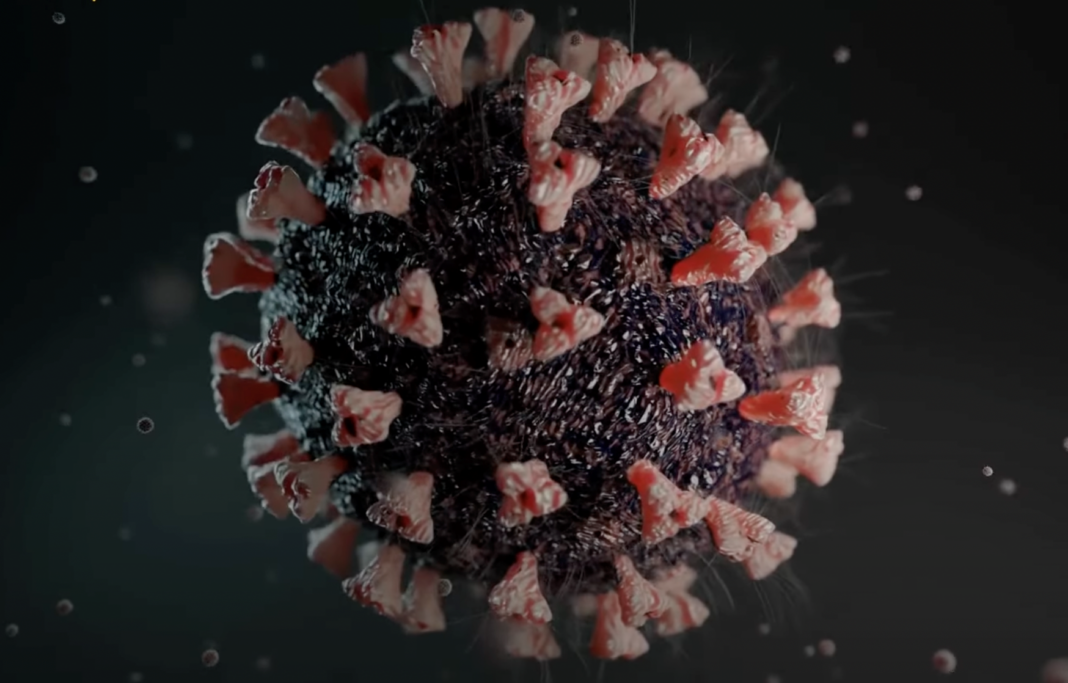On Friday, Senator Rick Scott, sent a letter to Health and Human Services (HHS) Secretary Xavier Becerra following a recent HHS Office of Inspector General (OIG) report criticizing EcoHealth Alliance’s failed oversight of their National Institute of Health (NIH) grant. EcoHealth Alliance received funding from the NIH, which then gave millions, and possibly to the Wuhan Institute of Virology (WIV). Senator Scott is raising concerns that EcoHealth’s work may have involved the coronavirus and gain-of-function at the WIV, and their lack of oversight may have resulted in records lost—specifically the records regarding the origin of COVID-19.
Read more in Fox News HERE, and read the full letter HERE or below.
March 17, 2023
The Honorable Xavier Becerra
Secretary
U.S. Department of Health and Human Services
200 Independence Avenue SW
Washington, D.C. 20201
Dear Secretary Becerra:
I write regarding a concerning report from the U.S. Department of Health and Human Services (HHS) Office of the Inspector General (OIG), illustrating the failure of the National Institute of Health (NIH) and EcoHealth Alliance to properly monitor their awards, including a multi-million dollar grant to the Wuhan Institute of Virology (WIV).[1] The first priority of the NIH should be to protect taxpayer dollars and ensure that all funds are properly accounted for with appropriate oversight of both the funding and the research. Unfortunately, this report revealed that each organization had deficiencies in procedure that hindered their ability to “understand the nature of the research conducted, identify potential problem areas, and take corrective action.” This failure by NIH is unacceptable.
As you know, NIH established the Potential Pandemic Pathogen Care and Oversight (P3CO) as a method to exercise oversight before approving grants that had the potential to be gain-of-function research. The National Institute of Allergy and Infectious Diseases’ (NIAID) P3CO standard operating procedure instructed program staff to review proposed research involving a potential pandemic pathogen (bacteria, viruses, or other microorganism with high transmission) and “err on the side of inclusion” when determining if the P3CO should review. Yet, despite this guidance, the P3CO never reviewed this grant before it was awarded. In fact, reports suggest the P3CO only reviewed three grants during its entire existence.[2] Once NIH expressed concerns regarding EcoHealth Alliance’s research, it was already too late. Due to NIH’s mismanagement, information from WIV’s research was unavailable for review.
NIH allowed EcoHealth Alliance to sub-award the grant to the Communist Chinese government and failed to conduct proper oversight. American tax dollars should always be protected from waste, fraud, and abuse. It is vital that NIH provide oversight of how these funds are spent on grants. Allowing awardees to do sub-awards to foreign governments should require NIH to provide a higher level of scrutiny. Despite knowing that the Communist Chinese government was receiving NIH funds at the WIV, NIH kept a hands-off approach—completely ignoring the oversight process. EcoHealth Alliance had sub-award agreements that did not comply with all federal requirements. In particular, 45 CFR 75.352(a) requires all pass-through entities to ensure that each sub-award has an in-place agreement for reporting and monitoring. Yet, upon review of 11 EcoHealth sub-award agreements, OIG found that every agreement lacked at least one of the required elements.
NIH did not review the submitted EcoHealth Alliance reports in a timely manner. Moreover, it took two additional years before NIH noticed that EcoHealth Alliance had failed to report year four and year five data. Yet shockingly, some of the missing information included data from the WIV. This information, which could provide further clarity on the origin of COVID-19, has been lost. WIV and the Communist Chinese government show no interest in being transparent and providing information to NIH.
Considering the OIG’s findings, please provide written responses as soon as possible to the following questions:
- OIG recommends that the WIV should be debarred from future federal contracts. What is NIH doing about this matter?
- Is NIH looking at potentially debarring EcoHealth Alliance for failing to report data as required by the Federal Funding Accountability and Transparency Act?
- Is EcoHealth Alliance currently receiving any other federal funds from HHS or its various agencies?
- OIG found $89,171 in unallowable costs by EcoHealth Alliance based on a sampling of claims.
- Is NIH doing a comprehensive review of all grant claims by EcoHealth Alliance for cost compliance?
- Is NIH going to require full reimbursement for all unallowable costs?
- Why did NIH not find these unallowable costs when they reviewed the annual grant reports?
- What is NIH’s involvement in overseeing sub-grantee selection?
- Does NIH have the authority to hold grantees accountable for their failure to oversee compliance of their subgrantees to all NIH reporting requirements?
- It is clear that the WIV will never provide the research data that NIH tax dollars funded. Will EcoHealth Alliance have to reimburse NIH for its failure to exercise good judgment in selecting sub-awardees and ensuring sub-awardees fully comply with all reporting requirements?
- Does NIH know how many tax dollars are going to foreign governments and foreign entities as sub-grantees? Does NIH know how many sub-grantees are foreign entities?
- Does NIH have any rules, regulations or guidance on what foreign entities or governments can or cannot receive a sub-award?
- Does HHS and its agencies have the legal authority to recoup improperly used or reported grant funds?
- Does NIH have the ability to know which grantees are delinquent on their annual reports? How many organizations are currently delinquent on reports?
- Does NIH track in real-time if someone is tardy in fully submitting their annual report?
- What is the penalty to a grantee for failing to file a timely and complete report? Is there a penalty for tardiness?
The American people deserve full accountability and transparency from their government. I appreciate your urgent attention to this sensitive matter.
Sincerely,

















